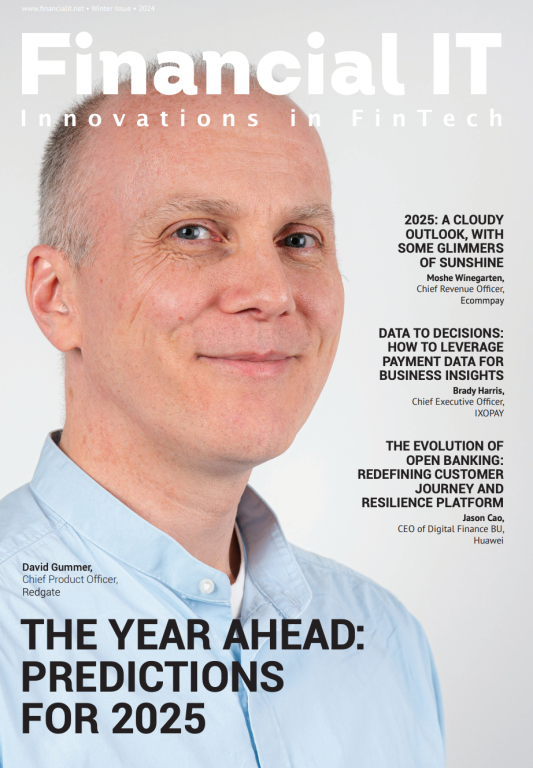Over 9M People in the U.K. Expecting Christmas to Put...
- 23.12.2024 09:35 am
U.K. Retail Spending Rises 2.3%, Visa Data Shows
- 23.12.2024 09:25 am
Consumer Optimism Slips As Generational Divides Persist
- 17.12.2024 02:15 pm
Checkout.com Shares Black Friday Cyber Monday Weekend...
- 04.12.2024 03:45 pm
Generation Duped: Younger Generations More Likely to...
- 28.11.2024 09:40 am
YouLend Data Shows UK SMEs Turn to Embedded Financing...
- 27.11.2024 04:35 pm
As the Holiday Shopping Season Kicks Off, Charlie,...
- 27.11.2024 04:25 pm
Millennials Most Likely to Fall Victim to Fraud as...
- 26.11.2024 09:15 am
From Cash To Contactless: Understanding The Future Of...
- 21.11.2024 10:25 am
Two-Thirds Of Brits Use Retail Credit To Pay For...
- 20.11.2024 10:25 am
Cash Savings Grew By 6.2% Year-On-Year As Consumers...
- 20.11.2024 09:50 am
Less Than A Third Of UK Adults Are Aware Of APP Scam...
- 18.11.2024 09:35 am






















